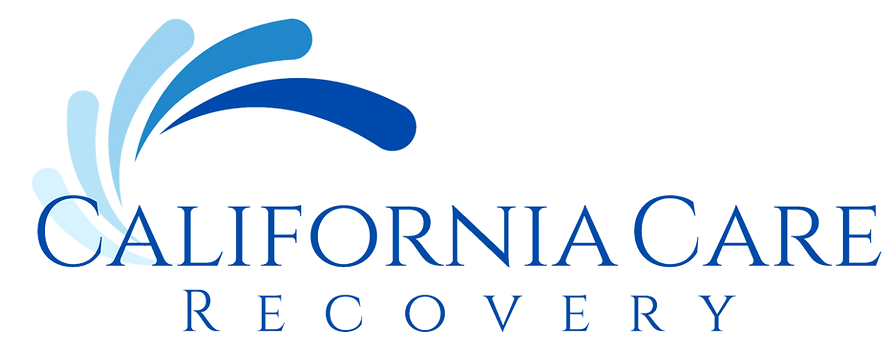Detox, or detoxification, is often known for its physical side effects that accompany withdrawal symptoms. However, detox can unleash a barrage of hidden emotions we never knew existed, also known as triggers and unresolved trauma.
Like physical side effects, emotions can’t be avoided and need to be confronted. It is necessary to confront our feelings to move forward in recovery. For this reason, a medically supervised and supported detox with treatment professionals is essential for long-term recovery. The mind and body are closely aligned; when one is affected, so is the other.
How Do Emotions Come Into Play During Detox?
When someone goes through detox, the body goes through tremendous stress because of physical withdrawals. These side effects could include sweating, nausea, shakes, loneliness, and irritability. The symptoms a person experiences will depend on what substances they used, how long they used substances, medical history, and more.
The physical side effects of withdrawal can ignite stress, anxiety, and depression as these feelings have been buried and “tucked away” by drug or alcohol abuse. Simply put, the mind is trying to cope with feelings it never knew existed.
Mental and emotional recovery during detox can come in the form of confusion, lack of concentration, guilt, impaired memory, and agitation. That’s why a professional, medical, and supportive detox is imperative because this is also when relapses can easily happen.
The Importance of a Safe and Supportive Environment
Even while in a safe, supportive environment, coming to terms with unresolved issues and discovering hidden, or not so hidden, triggers may be emotionally painful or draining. However, emotional purging is healthy and part of an important discovery phase of detox.
Coming to terms with these hidden emotions can be challenging. However, with proper supervision, medication, therapy, and support, one can find the hope, desire, and strength to help themselves. When you realign your physical, emotional, and spiritual wellness, it can propel you into the stratosphere of discoveries and healing.
How to Help Yourself Through Emotions in Detox
There are many tools you can use while in detox to help yourself through your emotions.
Write in a Journal
Feelings such as guilt, shame, remorse, anger, doubt, and resentment can populate the mind while in detox. Through journaling, these feelings, although natural through the emotional phase of detox, can be replaced with love, hope, accountability, release, and more. You don’t have to be a writer to journal—just someone with feelings that need to get out.
Self-Care Activities
Getting outside of the detox facility, yoga, meditation, and staying present in the moment are all self-care activities you can partake in while in a detox facility. Getting outdoors is proven to reset the mind, body, and soul.
Practicing Meditation
Many people say they “can’t meditate,” that their mind is a whirring machine of thoughts. Now add the complexities of anxiety and withdrawal symptoms to the recipe. Luckily, staying focused on guided, mindful breathing and being still counts as meditation, which can help you cope with your feelings during an emotional detox.
Take Medical Advice Seriously
Listen to your doctor and therapist. Frustration, ego, and resistance can come into play while in detox. However, it is crucial for healing to take medical advice seriously. The professionals in detox see and monitor you daily, and their recommendations are based on their extensive knowledge of what is best for you to help you get through the other side of detox.
Attendance During Treatment
Support groups exist for a reason: support. This is where you can share your emotions freely without judgment. Just showing up to a support group takes courage and creates a sense of accountability. Plus, someone else in the like-minded group can gain wisdom or knowledge from your participation.
Practicing Healthy Eating
In detox, you may experience cravings for substances. However, you may also experience food cravings; food can be another way to numb emotions. In a detox and treatment environment, you will learn about healthy food choices and exercise that can help keep emotions in check, eliminating old bad eating and dietary habits and replacing them with healthy new ones.
Detox as a Stepping Stone
Getting through emotions in detox is a stepping stone into a life of recovery. While in detox, you may learn ways to cope in the moment, which can be carried with you into further treatment. Once in a treatment facility, you can focus on learning the root of these emotions, where they come from, and how they have played out in your life thus far. With this knowledge and the help of treatment professionals, you can learn how to take your coping skills out of the treatment environment and succeed in a life of hope and happiness.
As the body rids itself of substances in detox, hidden, suppressed emotions will most likely rise to the top. They can come in the forms of anger, guilt, disgust, fear, anxiety, and more. Detox can be daunting and overwhelming, but it doesn’t have to be if you have professional and medical support. At California Care Detox & Treatment, we can get you or your loved one through detox and stabilize you to prepare you for treatment and life beyond substance abuse. We offer customized care and treat addiction with compassion and empathy. Our detox and treatment center is near the ocean, offering various forms of exercise and relaxation, with a place of tranquility and serenity as one of our hallmarks. Our patients benefit from group therapy, art therapy, hiking, yoga, and more. If you or a loved one is in need of treatment, call us today at (949) 281-0632.
